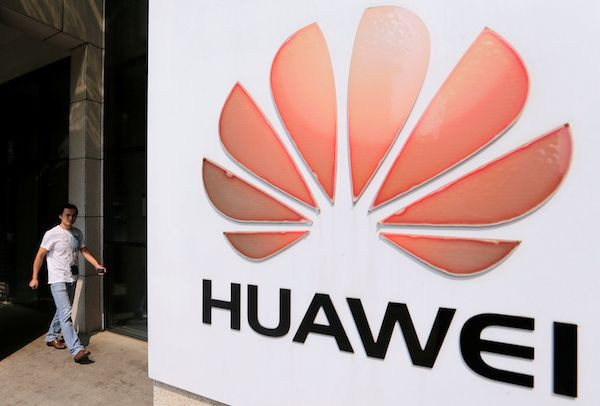Huawei Withdrawing From US Market After Surpassing Apple Global Smartphone Shipments?

Huawei is reportedly withdrawing its business from the U.S. market amid restrictions imposed by the Trump administration. The news comes after second-quarter global shipments data revealed that the Chinese company is now the second largest smartphone vendor next to Samsung Electronics.
A mobile carrier official familiar with Huawei’s plans disclosed to Etnews Monday that the Chinese brand is entirely withdrawing from the United States. The company is reportedly removing all of its three offices from the country, with preparations underway since the second quarter.
“Huawei is scheduled to withdraw all three U.S. offices,” the official said. “I know that the preparations for the withdrawal of the Huawei U.S. offices were made three to four months ago. We now know that the U.S. mobile business is virtually suspended.”
The move may impact Huawei’s growth in the recent years. Last year, the company surpassed Ericsson and Nokia in the global telecom equipment market share. Then, just this past second quarter, Huawei beat Apple in terms of global smartphone shipments, overthrowing Apple from its “top two” status for years.
At the same time, this could also be a positive move for Huawei. With 5G equipment security problems and virtually impossible smartphone sales in the U.S., it could be advantageous for Huawei to concentrate in other regions, including Asia, Europe and Africa.
As what IBTimes previously learned, Huawei is deepening ties with Britain after the U.S. moved to restrict the use of Huawei’s devices amid security concerns and the government’s trade war against China. The U.S. is particularly concerned with the idea that Huawei’s equipment could facilitate spying.
Despite these, there are still sources claiming that Huawei won’t easily give up on the United States. The company is said to once again target the U.S. market once the situation between China and the U.S. improves. For now though, the company is determined to secure its growth by focusing on other markets.
Huawei’s efforts proved to be successful after it managed to ship 54.2 million units of phones in the April-June period of 2018. This is up by 41 percent than its previous year, and the company now has 16 percent of the global market. On the other hand, Apple sold 41.3 million iPhones in the same quarter, accounting for 12 percent of the global market.
Meanwhile, Samsung still secured the top spot by shipping 71.5 million units in the period ending on June 30. The South Korean tech giant obtained 21 percent of the global market despite the fact that its Galaxy S9 series suffered sluggish sales.
© Copyright IBTimes 2024. All rights reserved.





















